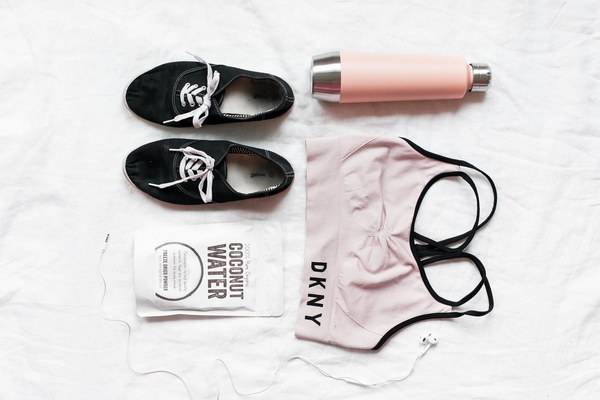Nurturing Your Body During Recovery A Comprehensive Guide to Post-Rehabilitation Care
Recovering from an illness, injury, or surgery is a significant milestone. However, it is equally important to understand how to take care of your body during this period to ensure a smooth and quick recovery. This article provides a comprehensive guide on how to nurture your body during recovery, focusing on various aspects such as nutrition, exercise, mental health, and lifestyle adjustments.
1. Nutrition
A balanced diet is crucial during the recovery process. Here are some tips to help you maintain good nutrition:
a. High-protein diet: Protein is essential for tissue repair and muscle recovery. Include lean meats, fish, eggs, dairy products, legumes, and nuts in your diet.
b. Adequate hydration: Drink plenty of fluids, especially water, to aid in the healing process and maintain your electrolyte balance.
c. Fruits and vegetables: Consume a variety of fruits and vegetables to get essential vitamins, minerals, and antioxidants.
d. Low-inflammatory foods: Avoid processed foods, saturated fats, and excessive sugar, as they can slow down your recovery.
2. Exercise
Exercise is vital for maintaining muscle strength, flexibility, and overall well-being. Here's how to incorporate exercise into your recovery:
a. Start slow: Begin with gentle activities like walking, swimming, or yoga, and gradually increase the intensity as your body permits.
b. Consult a professional: Before starting any exercise routine, consult a physiotherapist or a healthcare provider to tailor a plan that suits your specific needs.
c. Focus on flexibility and strength: Incorporate stretching and strengthening exercises to improve your range of motion and prevent future injuries.
d. Stay active: Engage in activities that you enjoy to maintain motivation and prevent feelings of boredom or depression.
3. Mental health
Mental health is just as important as physical health during the recovery process. Here are some tips to maintain a positive mindset:

a. Seek support: Talk to friends, family, or a healthcare professional about your feelings and concerns.
b. Practice mindfulness: Engage in mindfulness practices such as meditation, deep breathing exercises, or journaling to reduce stress and anxiety.
c. Set realistic goals: Set achievable goals to track your progress and stay motivated.
d. Stay connected: Keep in touch with loved ones and maintain social connections to prevent feelings of isolation.
4. Lifestyle adjustments
Making certain lifestyle adjustments can help you recover more effectively:
a. Get enough sleep: Ensure you get sufficient sleep to allow your body to heal and rejuvenate.
b. Limit alcohol and tobacco: Avoid alcohol and tobacco, as they can interfere with the healing process and increase your risk of complications.
c. Stay organized: Keep track of your medications, appointments, and recovery milestones to stay on top of your health.
d. Focus on self-care: Prioritize your well-being by taking time for yourself, whether it's through hobbies, relaxation techniques, or spending time with loved ones.
In conclusion, nurturing your body during recovery involves a combination of proper nutrition, exercise, mental health care, and lifestyle adjustments. By following these guidelines, you can ensure a smooth and successful recovery journey. Remember that patience and persistence are key, as the process may take time. Stay committed to your health, and celebrate the small victories along the way.









